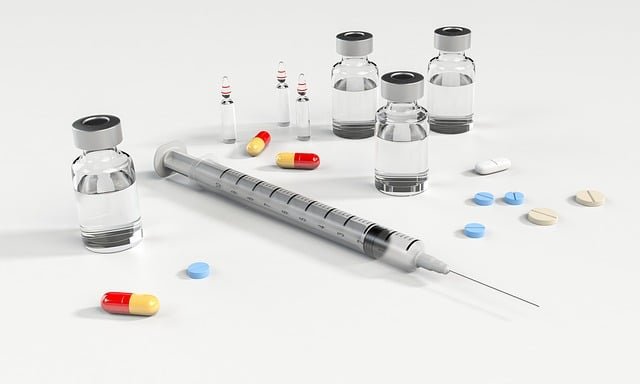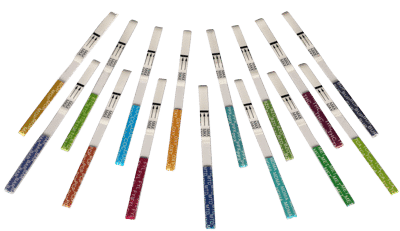Accurate, fast, and easy to use. Quick Results, Lowest Prices.

Following is a list of several jobs that perform safety-sensitive functions:
- Federal Aviation Administration Drug Testing
- Air traffic controllers at non-FAA centers
- Air traffic controllers contracted by the U.S. military
- Aircraft maintenance employees
- Aviation screeners
- Flight attendants
- Flight crews
- Flight instructors
- Earth security personnel or greater.
- Passengers of vehicles which carry 16 or more passengers
- Drivers who transport hazardous substances
- United States Coast Guard — Maritime Drug Testing
- Crew members operating a commercial vessel
- Pipeline Employees Drug Testing
- Emergency response personnel
- Operations and maintenance employees
- Federal Railroad Association Drug Screens
- Engine and train employees
- Hours of Service Act employees
- Train dispatchers
- Federal Transit Association Drug Testing
- Armed security
- Controllers
- Mechanics
- Vehicle operators

Employees working in sensitive positions or dangerous environments falling under DOT authority must undergo a urine drug test. Job applicants for the identical safety and safety-sensitive positions are also required to experience pre-employment drug screening.
While the DOT doesn’t issue certifications to support providers doing DOT tests, all DOT tests must comply with Title 49 CFR (Code of Federal Regulations) Part 40, which stipulates the procedural requirements in the way by which workplace alcohol and drug testing is to be run in transport industries under the jurisdiction of the national government.
Alcohol — DOT alcohol test may utilize either breath or saliva (with PAS apparatus ) but confirmation tests should use EBT devices.
Testing centers that wish to participate in a DOT drug and alcohol testing program must be eligible from the National Laboratory Certification Program conducted by the Department of Health and Human Services. The DOT covers several government agencies connected with U.S. transport, such as the Federal Aviation Administration, the Federal Motor Carrier Safety Administration, the United States Coast Guard, the Pipeline and Hazardous Materials Safety Administration, the Federal Railroad Administration and the Federal Transit Administration. The Office of Drug and Alcohol Policy and Compliance is also under the DOT and is responsible for implementing the alcohol and drug testing program of the U.S. government.
Drugs
DOT drug testing use urine specimens and screen for the following substances:
- Marijuana (THC)
- Cocaine
- Amphetamines
- Methamphetamine
- Amphetamine
- MDMA
- MDEA
- MDA
- Opiates
- 6-AM (Heroin)
- Morphine
- Codeine
- Phencyclidine (PCP)
When Are DOT Drug Tests Performed?
Safety-sensitive employees are subject to drug or alcohol testing in the following situations:
- Pre-employment drug screenings
- Reasonable suspicion drug testing
- Random drug testing
- Post-accident drug testing
- return-to-duty drug screens
- Follow-up drug screening






